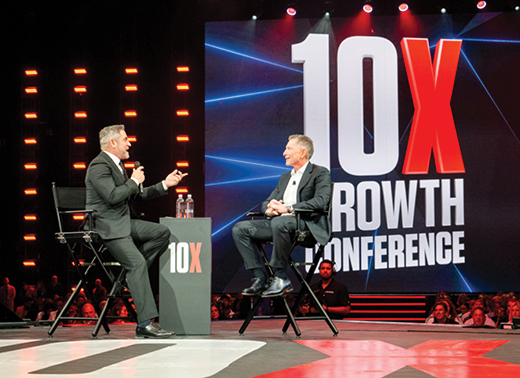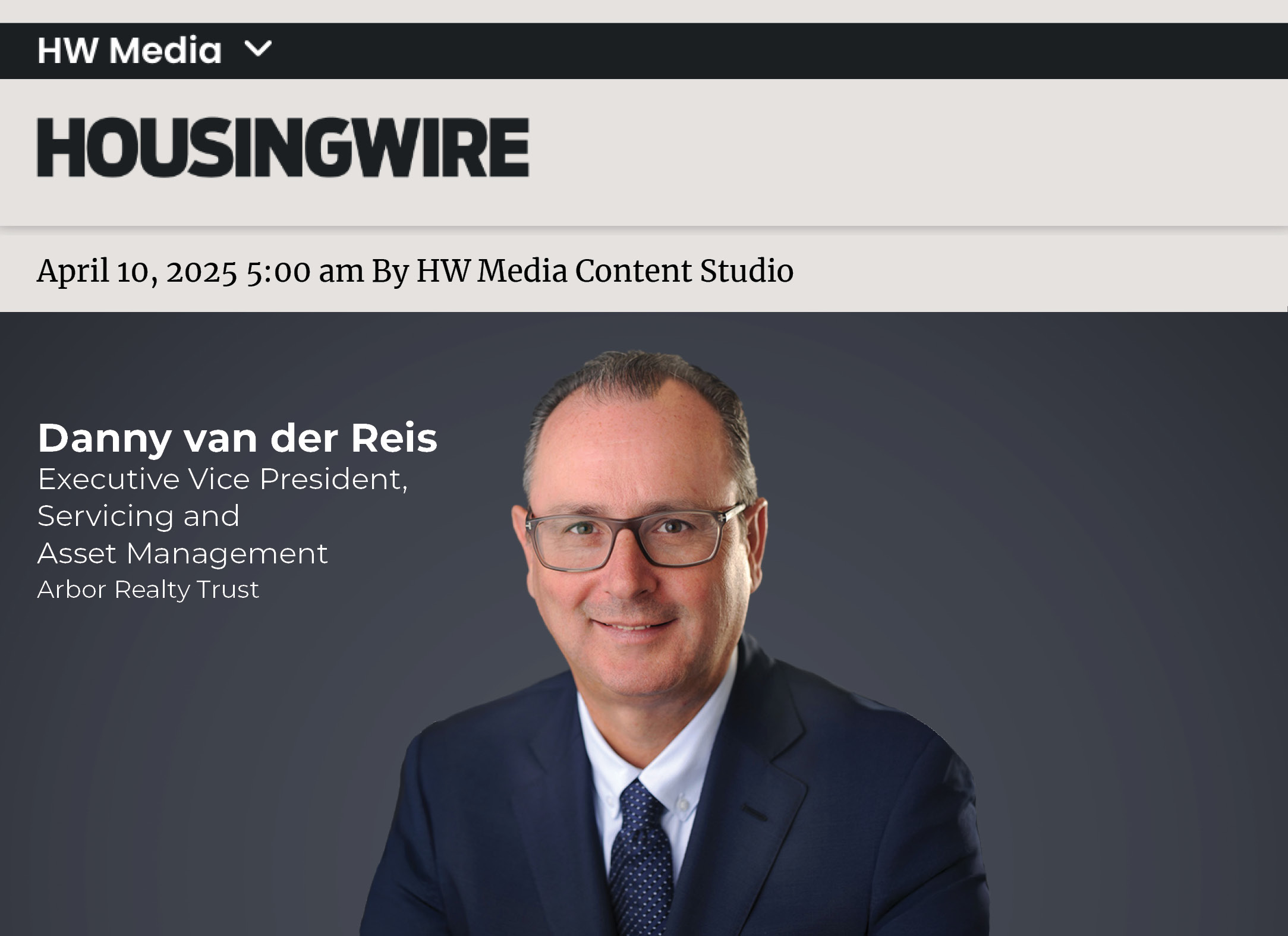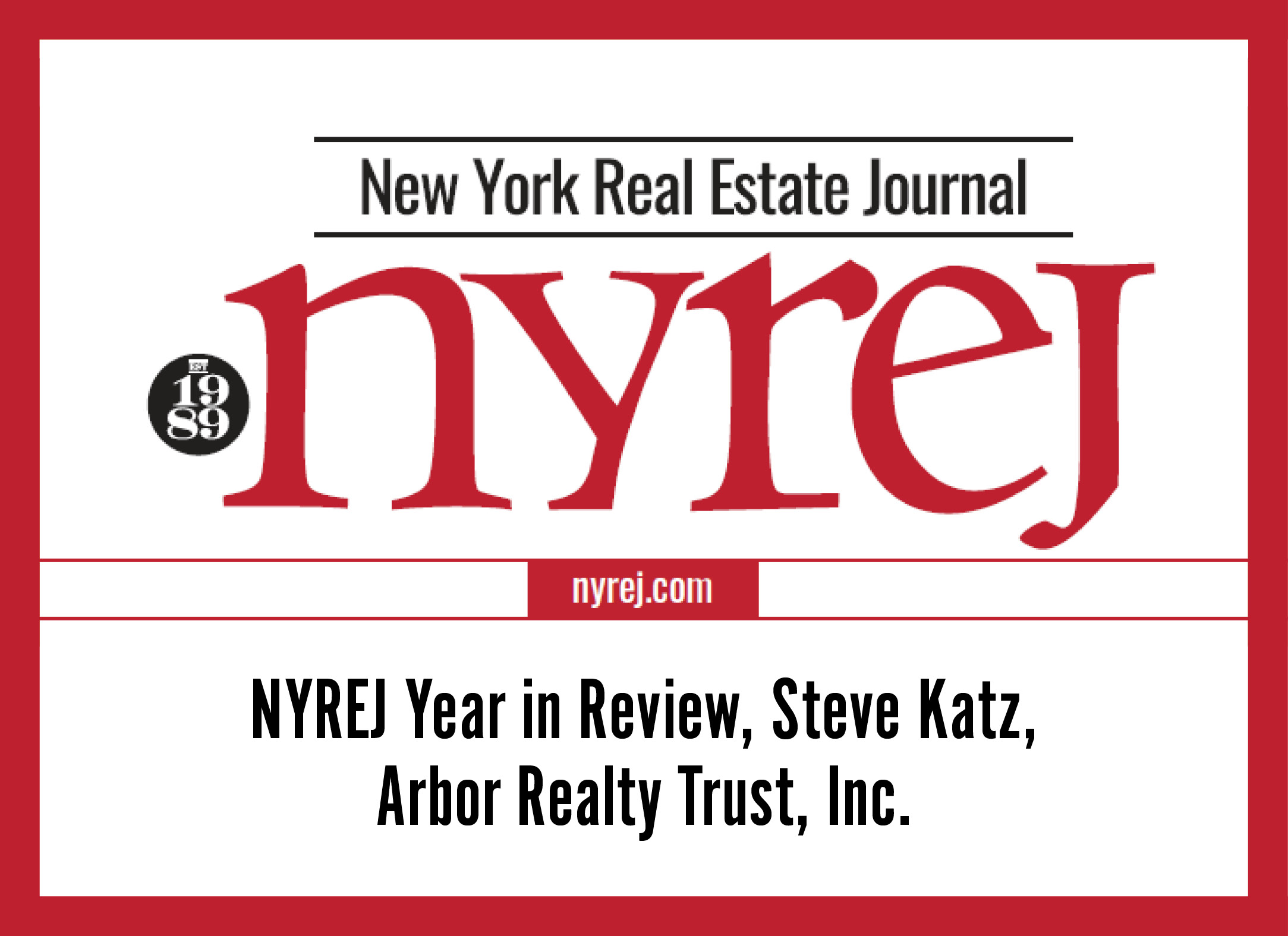Ivan Kaufman Points to the COVID-19 Market Favoring Multifamily Investments
CNBC Squawk On the Street Interview With Ivan Kaufman on Current Real Estate Trends
Arbor Realty Trust, Inc. (NYSE:ABR), one of the largest national mortgage finance lenders in the multifamily sector, has demonstrated strong performance throughout the COVID-19 crisis. The company’s Chairman and CEO Ivan Kaufman spoke with CNBC’s David Faber on “Squawk on the Street,” to shed light on the current state of multifamily and future market projections.
“Because of the government support by Fannie and Freddie providing multifamily financing to this nation, there has been minimal dislocation and normal liquidity,” Kaufman said. He added that interest rates are extraordinarily low, and the market has been active with refinancing as well as a significant reemergence of purchase activity.
Data indicates that thus far, the vast majority of tenants are paying their rent. In addition to the CARES Act and other supplemental payments, Kaufman attributed the positive outcome to a psychological factor in renters. “Their home is their castle. They’re working in their home. They’re living in their home. They are there 24/7. And they are keeping their home protected, so rents have been paid. It’s really a remarkable phenomenon,” he said.
However, the industry leader also warned of the possibility of “a perfect storm,” with the ending of the CARES Act and other governmental assistance, coupled with the expiration of eviction moratoriums. Kaufman pointed out that COVID-19 has accelerated the flight to the suburbs, a trend well underway prior to the pandemic. He noted the course of the viral threat, prolonged unemployment, and the denial of H-1B visas precluding people from coming into the country and occupying apartments could present additional challenges.
Arbor primarily finances affordable workforce housing, a segment which has not been as heavily impacted as other asset classes. “Our portfolio is fairly insulated,” said Kaufman. “In the urban areas where we don’t have a huge concentration, I think that’s where you’re going to have a little bit of an issue. In urban areas, I’d be concerned that there will be some softness.”
Yet even within the COVID-19 environment, aside from industrial, multifamily remains the number one asset class. Kaufman projected a future increase in multifamily property values due to low interest rates, significant cap rate compression and the sector’s ability to weather economic down cycles.
You can view the entire CNBC interview above.
—
Learn about Arbor’s financing options. Contact Arbor today to find out more about our multifamily products.
For more information on current real estate market trends, check out our Q2 Real Estate Investments Report and the Q2 Multifamily Investment Snapshot on the Chatter Blog.





